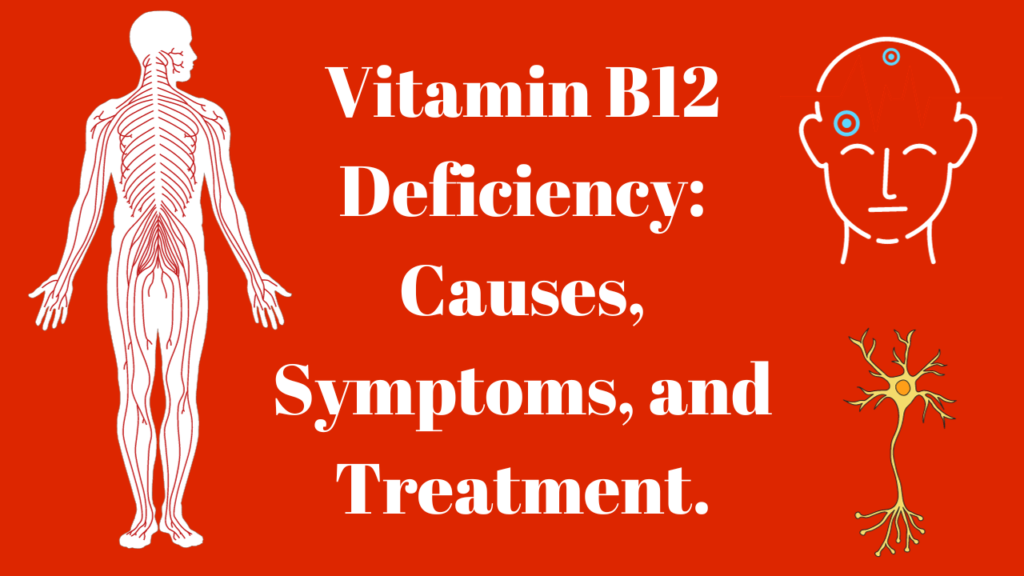The health effects of working night shifts are a subject of extensive research and concern due to their impact on individuals and society. Night shift work, which is common among healthcare professionals and others, disrupts natural circadian rhythms and can lead to a range of negative consequences, affecting not only the workers themselves but also patient safety, economic costs, and productivity.

Content:
Circadian Rhythms and Sleep Disturbances.
Effects on Sleep.
Psychological and Mental Health.
Gastrointestinal Effects.
Metabolic Disorders.
Cardiovascular System and Cancer.
- Circadian Rhythms and Sleep Disturbances: Night shift work disrupts individuals at a biological level by disturbing their sleep-wake cycle. The suprachiasmatic nucleus (SCN) in the hypothalamus, responsible for regulating circadian rhythms, is particularly affected. Working at night forces individuals to adjust to a reversed sleep pattern, which can result in sleepiness, tiredness, insomnia, digestive problems, reduced mental function, irritability, and decreased efficiency. The adjustment to this shift can vary depending on the duration and schedule of the night shifts.
- Effects on Sleep: Night shift work significantly impacts the quality and quantity of sleep. Sleeping during the day, when the body’s natural rhythms promote wakefulness, often leads to shortened and disrupted sleep. Environmental factors like lighting and noise can further interfere with sleep quality. On average, night shift workers experience two to four hours less sleep that is frequently interrupted. Rapid eye movement (REM) sleep, which is crucial for feeling rested, tends to be of lower quality, contributing to sleep deficits, especially during the second half of the shift, increasing the risk of errors and accidents.
- Psychological and Mental Health: Night shift work has been associated with increased levels of nervousness, irritability, anxiety, chronic fatigue, neuroticism, chronic anxiety, depression, and mood disorders. Some workers may require treatment with psychotropic drugs, including sedatives. These psychological and mental health effects are a result of ongoing circadian rhythm disruption and sleep deprivation.
- Gastrointestinal Effects: Night shift workers often face challenges related to their eating habits. Timing and frequency of meals may differ, and workers may consume foods higher in fat and carbohydrates due to sleep deprivation. The mismatch between mealtime and the body’s natural digestive processes can lead to digestive problems, ranging from minor issues like flatulence and heartburn to more severe conditions like irritable bowel syndrome and ulcers. Additionally, night shift workers are more likely to consume low-quality, processed foods.
- Metabolic Disorders: Night shift work has been linked to metabolic disturbances, such as obesity, elevated triglycerides, reduced HDL cholesterol, increased fasting glucose, and high blood pressure. These factors collectively constitute metabolic syndrome, which is a significant risk factor for type 2 diabetes and cardiovascular disease. These metabolic issues are often attributed to circadian rhythm disruption, poor sleep quality, digestive disturbances, and changes in lifestyle habits.
- Cardiovascular System and Cancer: There is a well-established correlation between night shift work and cardiovascular disorders, with shift workers facing a 40% higher risk of ischemic heart disease. While there’s also a suggested link between night shift work and cancer, the evidence is less conclusive. Shift workers tend to engage in lifestyle habits that pose cardiovascular risks, such as smoking and obesity.
Working night shifts can have significant health effects on individuals, particularly in terms of their circadian rhythms and sleep patterns. This is especially relevant for healthcare workers, who often need to provide round-the-clock emergency healthcare services. The disruption of natural circadian rhythms can lead to negative consequences not only for the individuals working night shifts but also for the quality of care and patient safety in the case of healthcare workers.
Night shift work interferes with an individual’s biological functions by perturbing their sleep-wake cycle, causing stress on the body’s circadian rhythms. The suprachiasmatic nucleus (SCN) in the hypothalamus serves as the principal circadian pacemaker in the human brain, governing various biological functions, including body temperature, neuroendocrine and autonomic systems, memory, and psychomotor performance.
The SCN is influenced by environmental cues, such as the light-dark cycle. Ideally, diurnal animals should sleep at night and be awake during the day. However, night shift workers are compelled to alter this natural rhythm, resulting in changes in the fluctuation of biological functions. Functions typically active during the day become depressed during the night, leading to feelings of sleepiness, tiredness, insomnia, digestive problems, reduced mental function, irritability, and decreased efficiency.

The effect on sleep is perhaps the most apparent consequence of night shift work. It affects both the quality and quantity of sleep, depending on factors like shift duration, frequency, and rest periods, as well as individual personality and behaviors. Night shift workers often have to sleep during the day, disrupting their circadian rhythm, which can result in prolonged wakefulness. Environmental conditions, like lighting and noise, can further interfere with sleep. Article Sponsored Find something for everyone in our collection of colourful, bright and stylish socks. Buy individually or in bundles to add color to your drawer!
On average, night shift workers get two to four hours less sleep, which is often fragmented. This leads to poorer quality rapid eye movement (REM) sleep, making it less restful. Sleep deficits are more likely to occur during the second half of the night shift, particularly in the early morning, increasing the risk of errors and accidents.
The psychological and mental health of night shift workers are also affected. Studies over the past decade have shown that shift workers experience nervousness, irritability, anxiety, and chronic fatigue due to circadian rhythm disruption and sleep deficits. They are more likely to experience chronic anxiety, depression, mood disorders, and may require treatment with psychotropic drugs, including sedatives.
Night shift work also has notable effects on the gastrointestinal system. Shift workers often eat at irregular times, leading to a higher consumption of high-fat and high-carbohydrate foods due to sleep deprivation. Up to 75% of night shift workers experience digestive problems, ranging from changes in bowel habits and poor digestion to more severe conditions like peptic ulcers, irritable bowel syndrome, and gastro-duodenal disorders. These issues are associated with the mismatch between mealtime and circadian rhythms.
Metabolic disorders are also prevalent among night shift workers, including obesity, high triglycerides, reduced HDL cholesterol, elevated fasting glucose, and high blood pressure. These are risk factors for type 2 diabetes and cardiovascular disease. Disrupted circadian rhythms, poor sleep quality, dietary disturbances, and changes in lifestyle habits contribute to these metabolic disturbances. Environmental and biological exposure to chemical substances can also pose a risk to shift workers, potentially leading to intoxication or the retention of harmful substances.
Night shift work is strongly associated with cardiovascular disorders, with a 40% increased risk of ischemic heart disease among shift workers. However, the relationship between night shift work and cancer development remains unclear due to limited data on exposure details. Factors such as the frequency of night shifts, consecutive night shifts, and duty period lengths are essential for a comprehensive understanding of the impact on cancer risk.
It is important to note that while there is a correlation between night shift work and these health effects, the relationship may not be causative, and additional research is needed to better understand the mechanisms at play. Moreover, factors like the number of night shifts worked per month, the length of consecutive shifts, and other specific working conditions can impact the extent of these health effects.
In summary, night shift work has far-reaching implications for both the physical and mental health of individuals. It disrupts circadian rhythms, impairs sleep, affects psychological well-being, and has negative effects on the gastrointestinal system, metabolic health, cardiovascular system, and potentially cancer risk. These factors should be considered when evaluating the overall impact of night shift work on the well-being of workers and the quality of care they provide, especially in critical sectors like healthcare.


